This organelle controls all activities in the cell and contains DNA
The Nucleus
A polar bear has thick fur and a layer of fat. These are examples of what type of adaptation?
Structural Adaptations
1. Which statement best compares sexual and asexual reproduction?
A. Both involve two parents and result in genetically identical offspring.
B. Sexual reproduction involves one parent, while asexual reproduction requires two.
C. Sexual reproduction results in greater genetic variation than asexual reproduction.
D. Asexual reproduction leads to more diverse offspring than sexual reproduction.
C. Sexual reproduction results in greater genetic variation than asexual reproduction.
Which organelle is found in plant cells but not in animal cells and helps with photosynthesis?
Chloroplast
The outermost boundary in plant cells that provides protection and support is called the...
The Cell Wall
This organelle produces energy for the cell through cellular respiration.
The Mitochondria
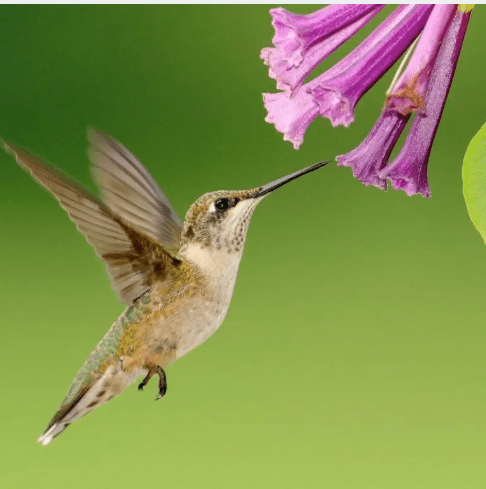
What type of food is this bird likely adapted to eat?
Insects/Nectar from flowers
2. Which of the following is an example of asexual reproduction?
A. A dog and a cat mating to produce puppies
B. A fish laying eggs that are fertilized by a male fish
C. A strawberry plant growing a new plant from a runner
D. A frog laying eggs in a pond
C. A strawberry plant growing a new plant from a runner
What structure provides support and shape in plant cells but is not found in animal cells?
Cell Wall
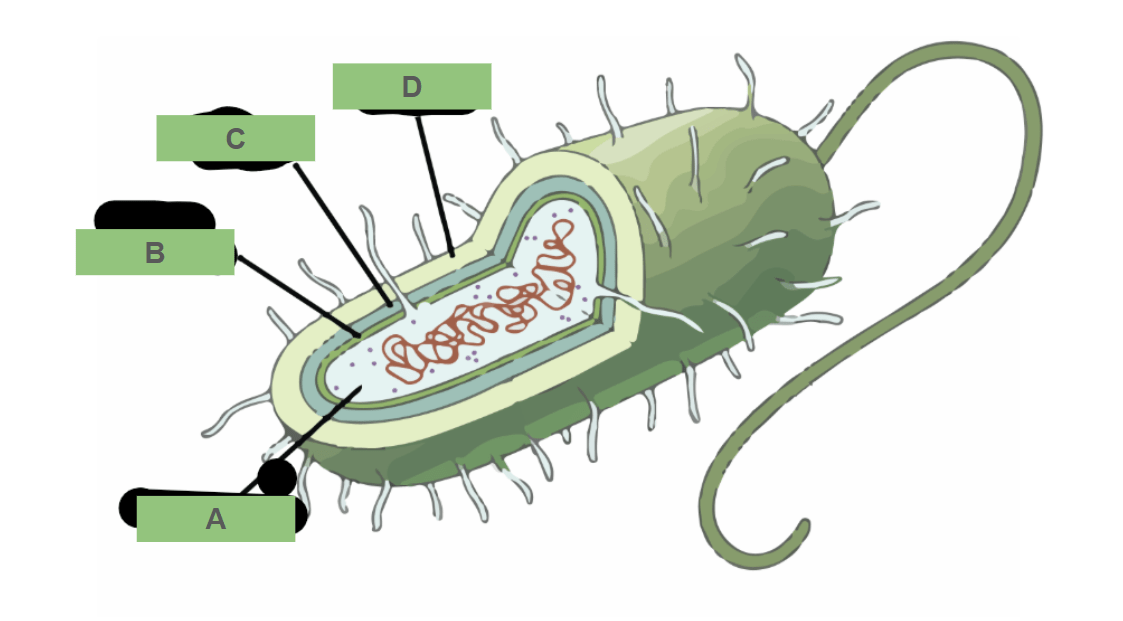
Which letter indicates the cytoplasm, the jelly-like substance that holds organelles?
A
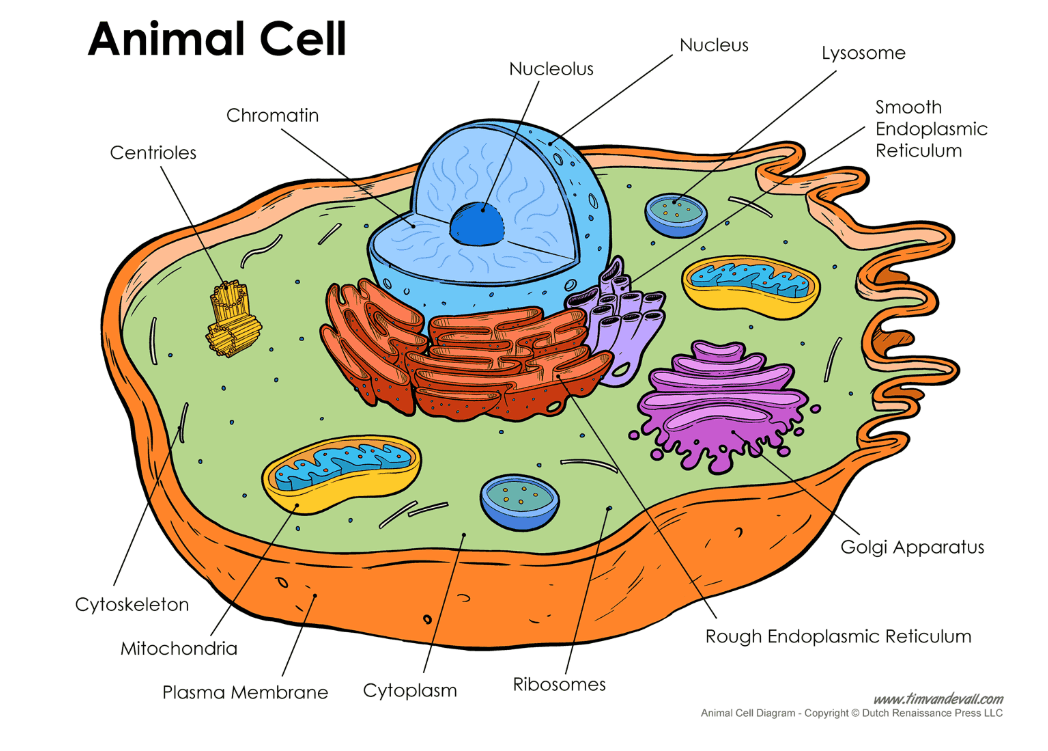
Based on the image, which structure is responsible for storing water and nutrients?
The Vacuole
Desert animals often sleep during the day and are active at night. What is this type of adaptation called?
Behavioral Adaptation
3. A scientist observes a group of organisms that produce genetically identical offspring. Which type of reproduction are these organisms most likely using?
A. Binary reproduction
B. Asexual reproduction
C. Fertilization
D. Sexual reproduction
B. Asexual reproduction
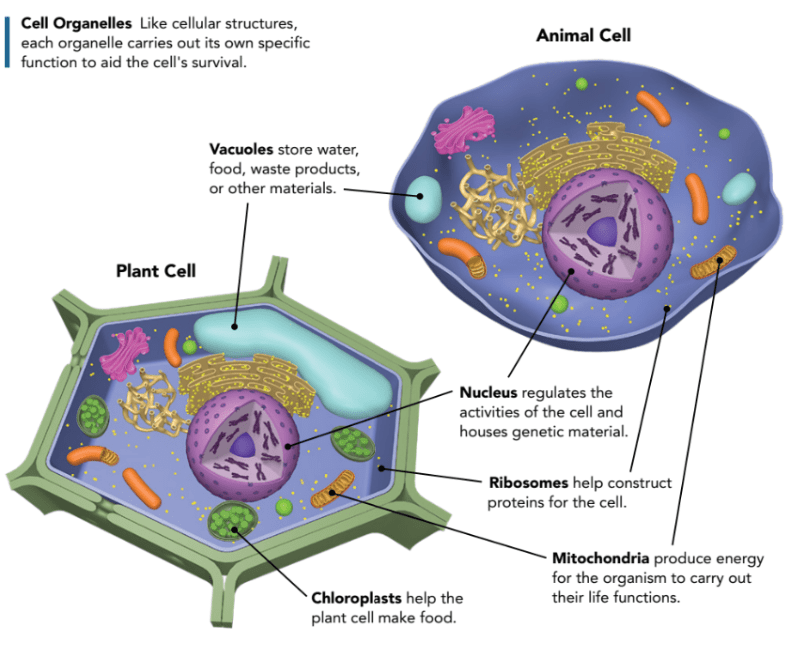
Which structure is found in both cell types and is responsible for producing proteins?
Ribosome
This flexible barrier controls what enters and exits the cell.
Cell Membrane
This structure is found in plant cells and helps with photosynthesis.
The Chloroplast
A chameleon's ability to change color is an example of an adaptation for what purpose?
Camouflage (Protection/Predator Avoidance)
4. Why is sexual reproduction more likely to increase the genetic variation in a species?
A. It allows traits to be copied directly from one parent.
B. It produces fewer offspring, so mutations happen more often.
C. It involves combining genetic material from two different parents.
D. It only occurs in multicellular organisms.
C. It involves combining genetic material from two different parents.
True or False: Both plant and animal cells have a nucleus.
True
Which organelle is the site of protein synthesis?
Ribosomes
Is this an animal or plant cell? Explain.
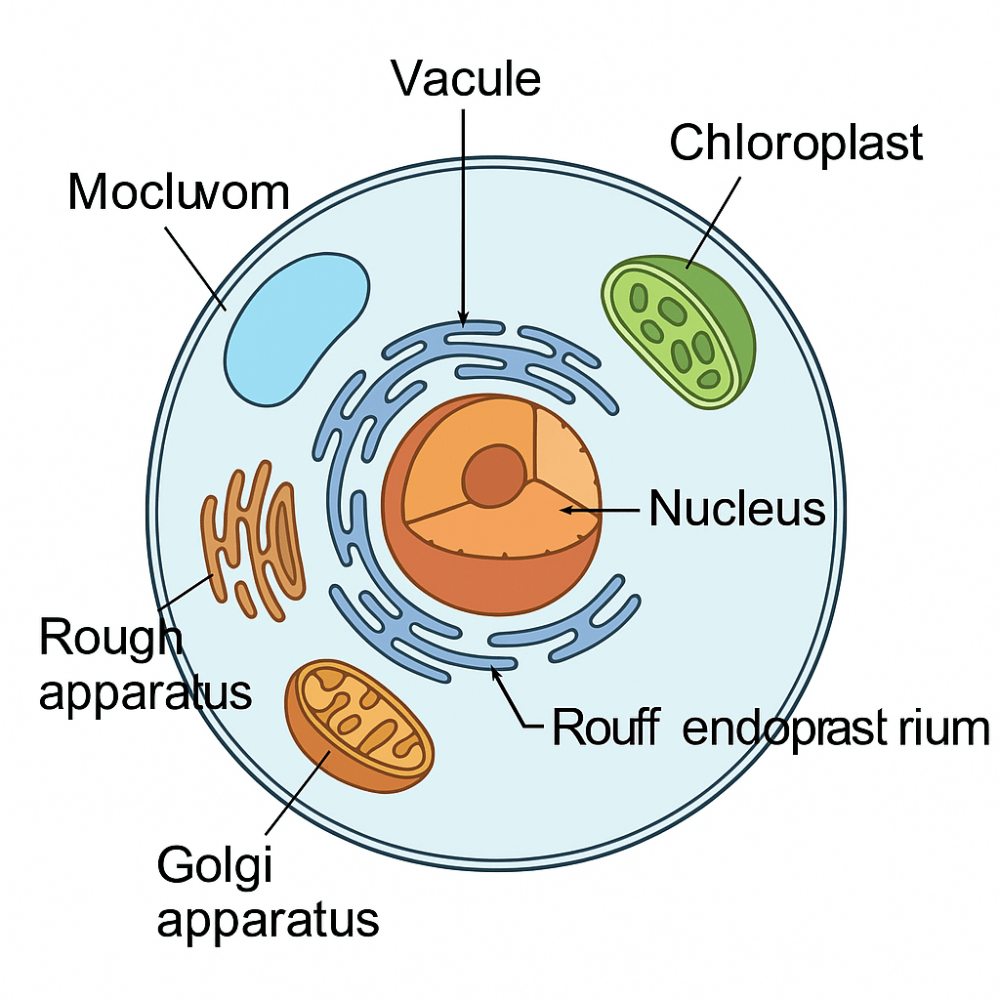

C. A cactus having thick, waxy skin to reduce water loss.
5. Which answer is correct about reproduction?
A. All organisms that reproduce asexually have high genetic variation.
B. Sexual reproduction increases the chance of genetic differences.
C. Asexual reproduction always results in mutations.
D. Fertilization leads to genetically identical offspring.
B. Sexual reproduction increases the chance of genetic differences.
Which organelles do animals and plants share?
Nucleus, Vacuoles, Ribosomes, Mitochondria, & Cell Membrane
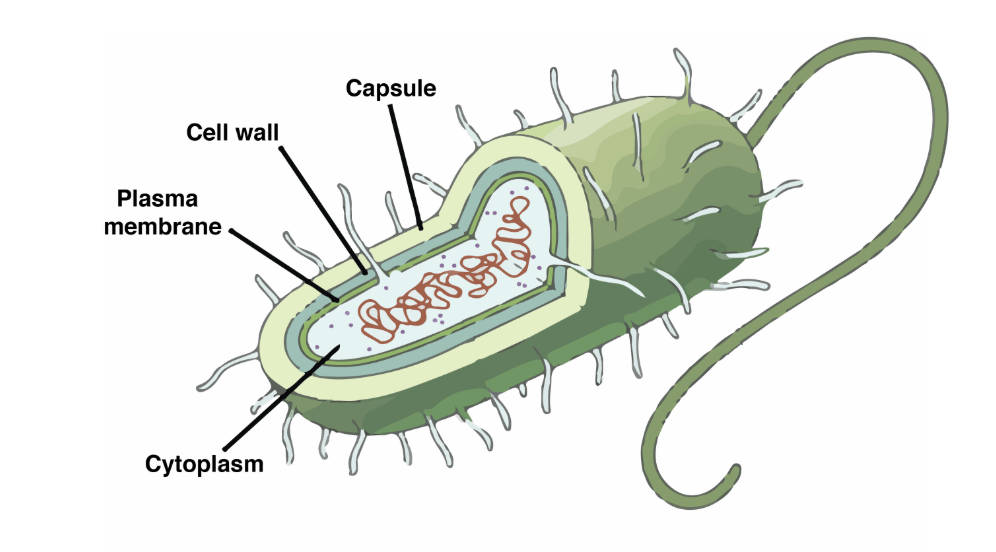
This prokaryotic cell is missing an organelle that stores DNA. What is the missing structure?
The Nucleus